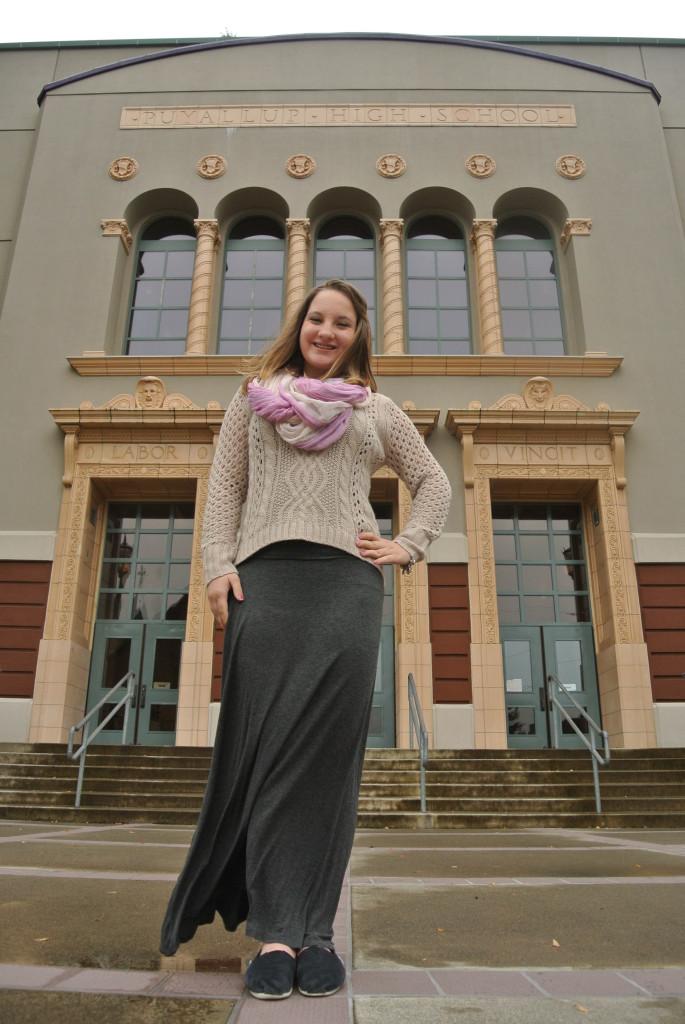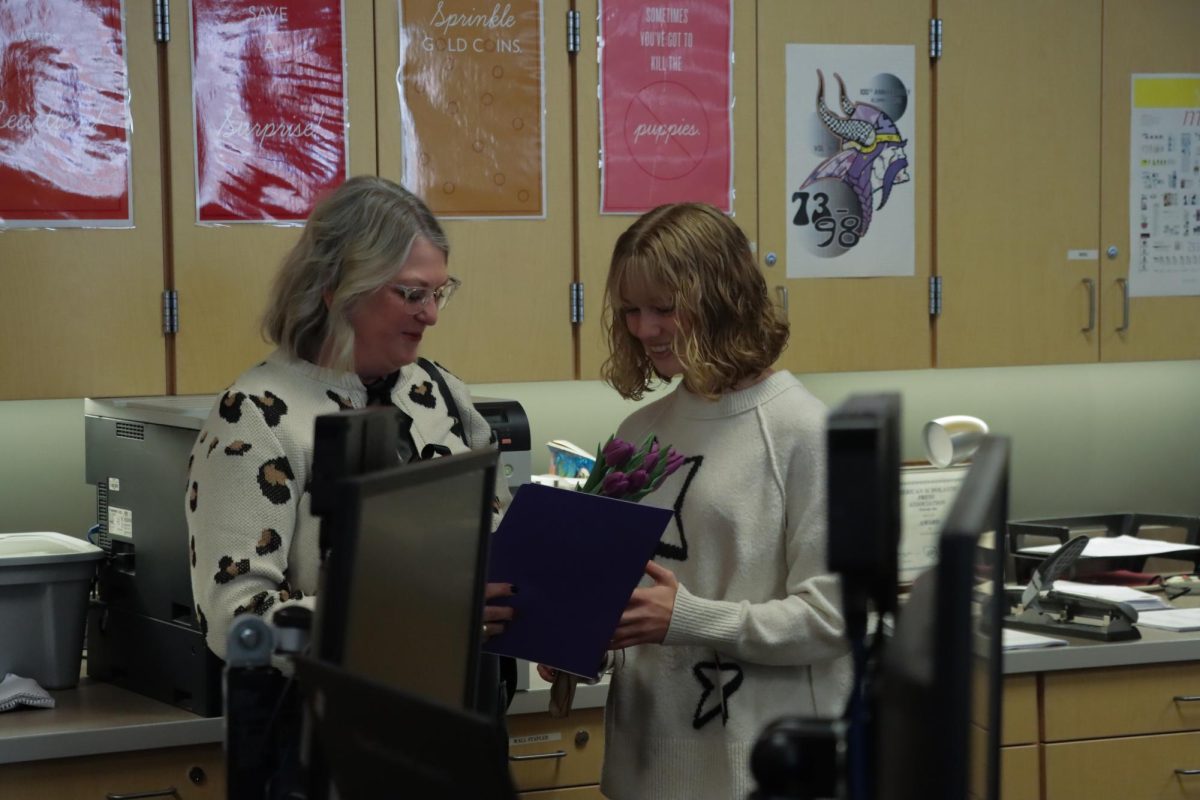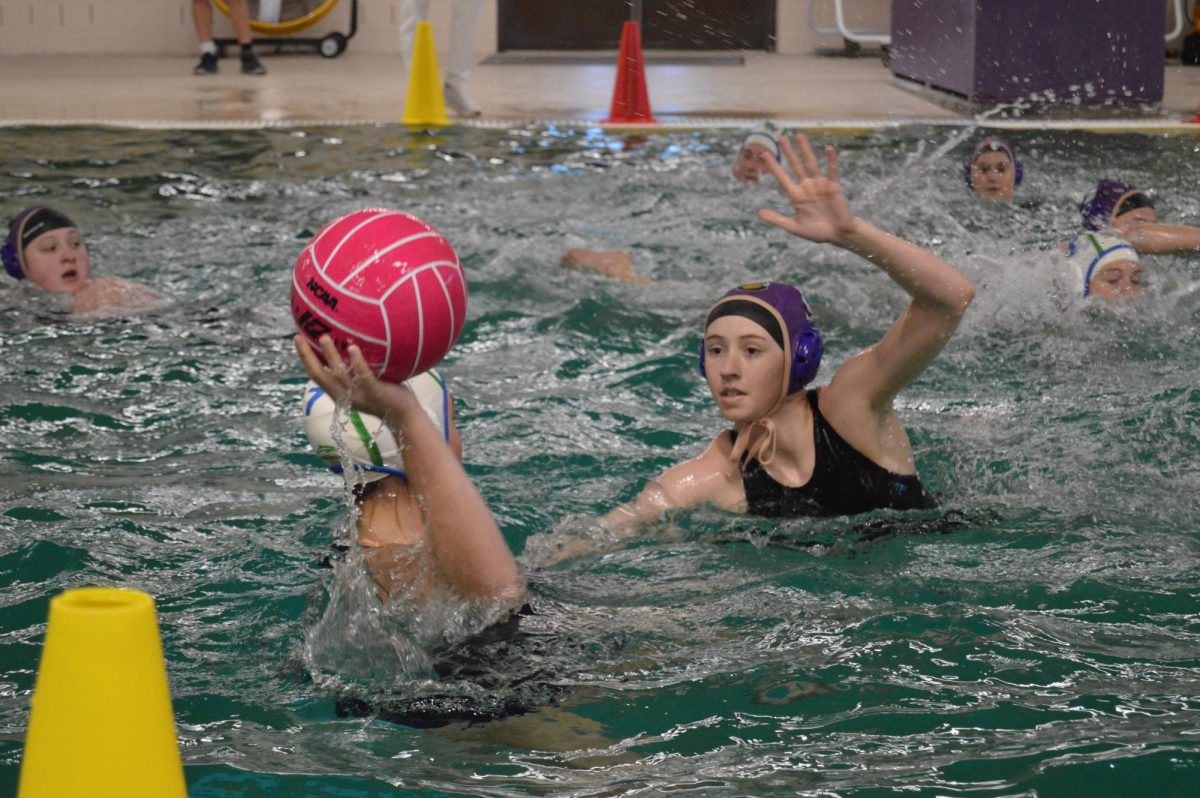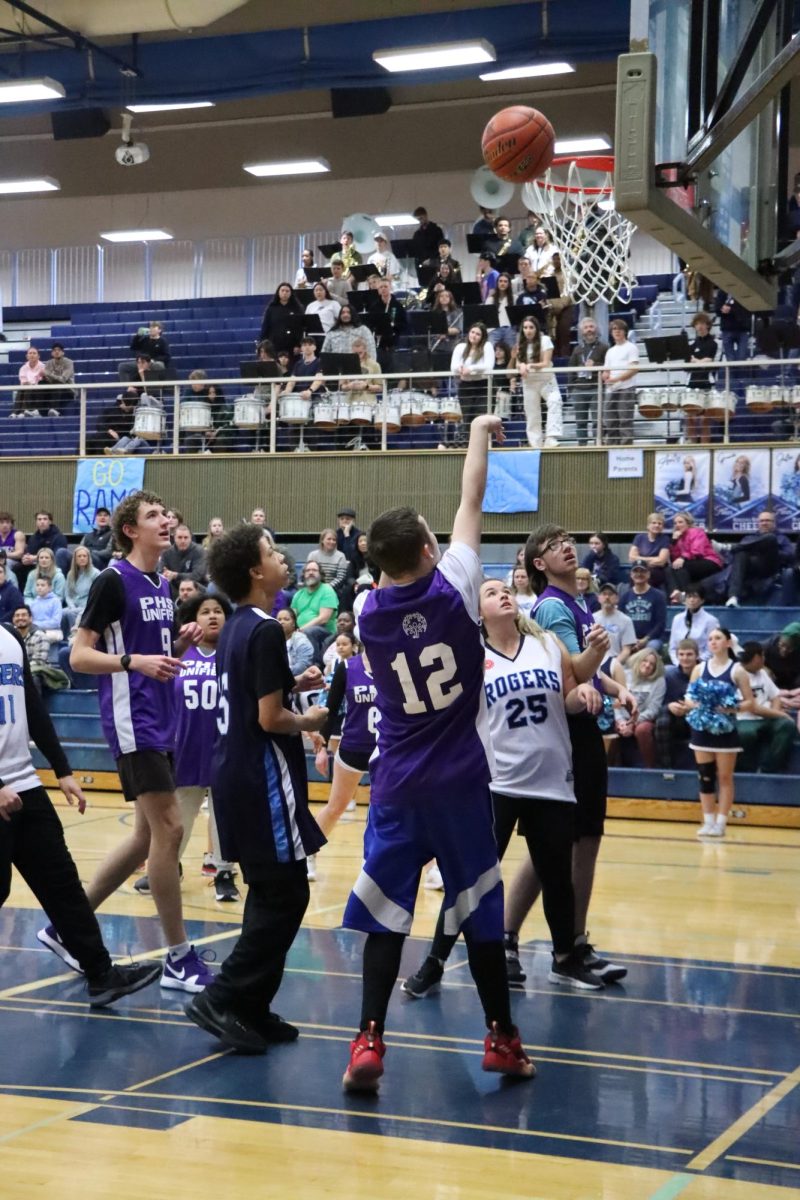For most students, summer is filled with the vibrant yellows of sunshine and lemonade, turquoise waters, neon green grass and the pale orange buzz of doing absolutely nothing.
For sophomore Kelty Pierce, the colors were whitewashed by her hip dysplasia.
Hip dysplasia, according to Dr. Anthony Kim, surgeon, occurs when the ball of the hip joint is not supported by the socket.
“The bone is loose and uncovered, which causes friction that is incredibly painful to patients,” Kim said. “Usually, the dysplasia is fixed through hip replacement but the Pierces are holding it off for as long as possible.”
Pierce’s mother, Carina Pierce, explained that hip replacements do not last. This creates obvious difficulty for Pierce and her family.
“Kelty is destined for dual hip replacement, but we hope to put that off well into adulthood. Hips are ‘good’ for about 15 years and you can’t keep having new ones put in; the socket is compromised each time,” Carina Pierce said.
Pierce has an extreme case, having been born with no hip sockets at all. Her first surgery occurred when she was just eight weeks old and as of now she has been through eight surgeries in all.
“After my surgery in third grade we were hoping to not have to do any work until hip replacement,” Pierce said. “But recently, I knew something had to be done about the pain and that something was most likely surgery.”
Pierce said going into surgery as a teenager meant that she was more aware and understanding of the risks and possible consequences involved.
“I felt the social impacts much more this time around. It was hard to see my friends going on vacation around the world, hanging out with each other and creating memories while I was pent up at home recovering,” Pierce said.
One of the memories Pierce was unable to make was a trip to Europe with her friends and teachers. She would have been attempting the trip on crutches and since many of the important sights involved stairs and miles of walking, attending was rendered impossible.
Sophomore Grace Bley is one of Pierce’s closest friends and a participant of the trip.
“My first thought after hearing about her surgery was, ‘Why did it have to be her?’ She gives so much of her time to other people. Seeing her go through this kills me. I wish I could take her place,” Bley said.
Pierce is extremely grateful to devoted friends like Bley.
“There was not a time when I felt alone,” Pierce said. “I knew my family and friends were all supporting me and sending healing prayers and vibes my way.”
This network of friends and family is one of the Pierce’s coping mechanisms, along with laughter and optimism.
“We [The Pierce family] laugh a lot and don’t let any of this get too serious…or at least not for long. We are also reminded every time we are at Seattle Children’s that Kelty is never the sickest kid in the room. We can handle this,” Carina Pierce said.
The knowledge that she is luckier than most has helped and inspired Pierce greatly.
“There are lots of kids fighting tougher battles than I am,” Pierce said. “And I need to remember that and not let myself become ‘the victim’ of my condition. Just because something may be harder for me than others, or take me a little longer, doesn’t mean I should quit or not even try.”
Pierce continues to try every day, fighting to get better. This involves coming to the first day of school and finding her classes while using a cane for support.
“Coming to school with a cane was hard, but I had to suck up my pride because I knew that I was doing what was best for me,” Pierce said.
As of now, Pierce is walking on both legs, but there is still the ever-present discomfort of her condition and the knowledge that she will be going through recovery yet again.
“I’m scheduled to have another surgery in December, so I’ll come back to school in January with a wheelchair and crutches for a while,” Pierce said.
The lack of mobility will once again be difficult, but that is not about to stop her.
“In the long run, the surgery will help me. Hopefully after both of my hips are fully recovered, they won’t keep me from doing things that I want to participate in anymore,” Pierce said.
Hip dysplasia may have dulled the colors of Pierce’s summer but it certainly has not kept her from being a bright light to those around her while turning her surgery into a learning experience.
“She gets that this time spent recovering and rehabbing will pay off,” Carina Pierce said. “[It will] hopefully help her find that ‘normalcy’ everyone wants, ultimately limiting her pain and making this summer a bit of her history, but not something that defines her.”








